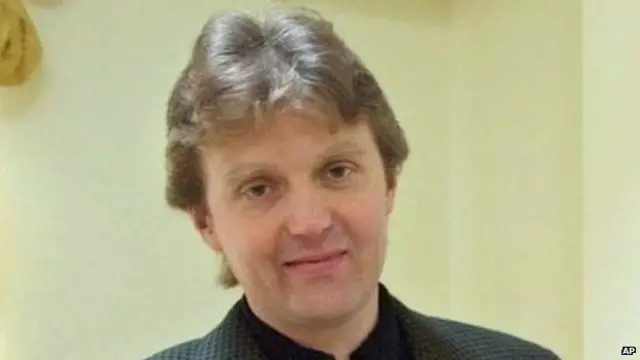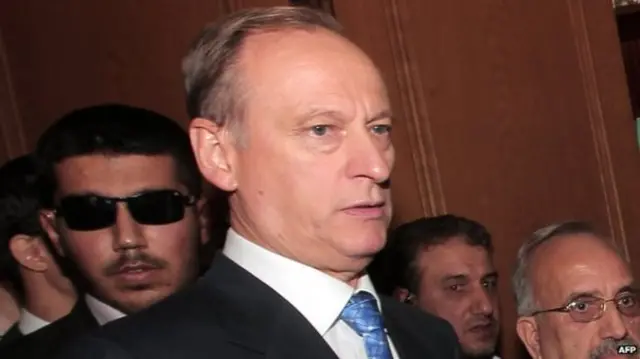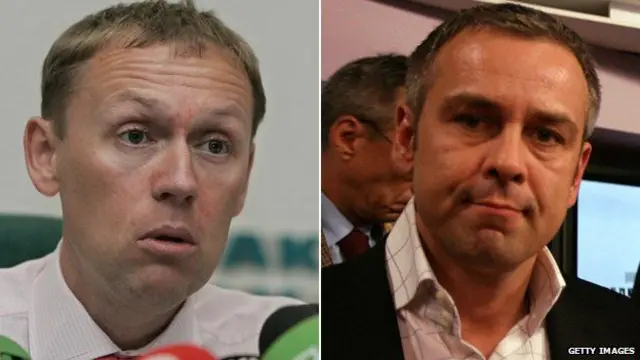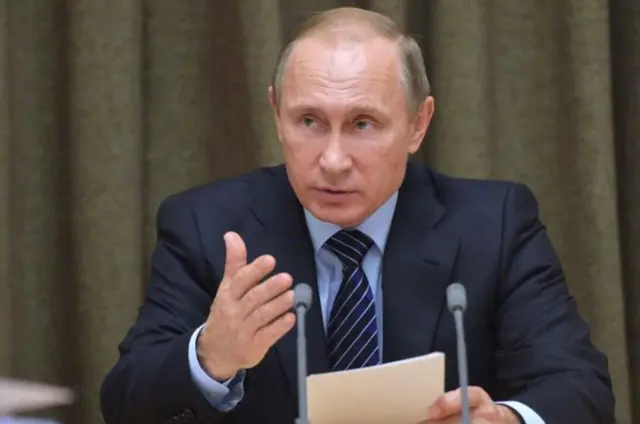'A blatant provocation' - Russian ambassadorpublished at 14:03 GMT 21 January 2016
BBC home affairs correspondent tweets:
Allow X content?
This article contains content provided by X. We ask for your permission before anything is loaded, as they may be using cookies and other technologies. You may want to read X’s cookie policy, external and privacy policy, external before accepting. To view this content choose ‘accept and continue’.




